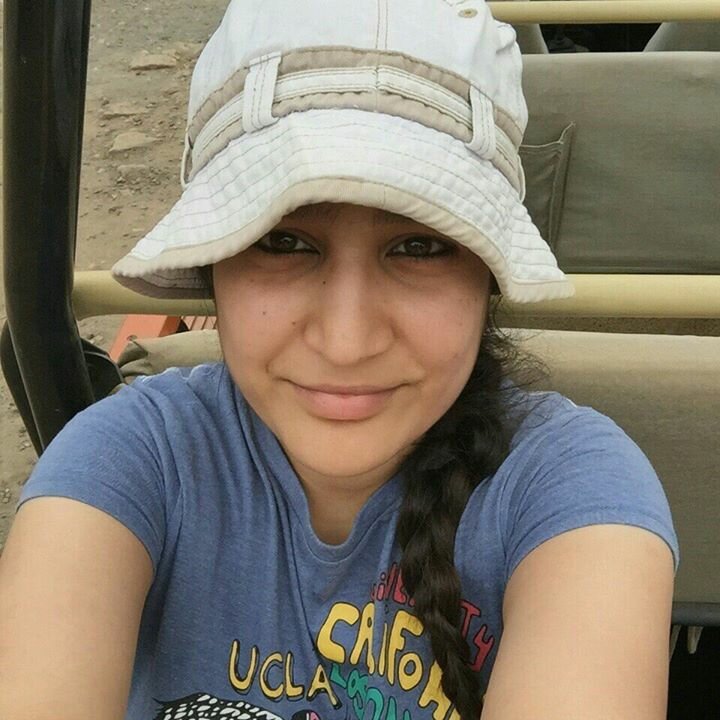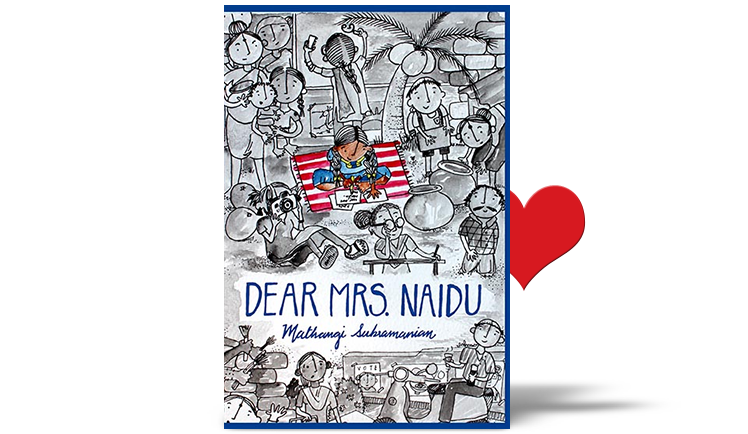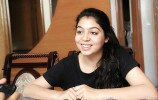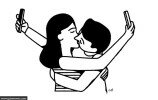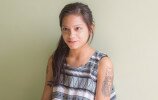Padma Lakshmi: “My insecurities were perpetuated by a culture that didn’t deem dark skin as beautiful”
- JWB Post
- March 30, 2016
Supermodel, actress, cookbook author and TV host Padma Lakshmi has recently launched her book “Love, Loss and What We Ate” which is currently on New York Times best-seller list. Revealing the ‘masala’ details about her personal and professional life, here’s Padma in conversation with Vogue.
Connection of food with love and loss
Food is such a recurring theme in every aspect of our lives, transcending cultures and ages. Whether it’s Diwali, Christmas, a wedding or a bar mitzvah, food defines a lot of life’s pivotal moments. We eat to celebrate something and we eat to comfort ourselves in times of great sorrow. Food is definitely something that nurtures me, physically and emotionally.
One Indian food for the western subcontinents
I’d say chaat. I think it’s such an amazing alchemy of different flavours—tangy, sweet, spicy and savoury. Whenever I visit India, it’s one of the things I enjoy eating, despite my family constantly warning me not to eat from street carts.
Reason behind writing a memoir
I had several meltdowns through the four-year writing period when I’d say, “What the F*&%# am I even doing here? Although all my cookbooks in the past had a personal narrative in some form, they were mostly recipes and pictures with prose that never really extended from one page to the end of next page. That to me was intense. The intention with Love, Loss and What We Ate was never to write a memoir. The book I was initially commissioned was actually one on healthy eating, citing my own philosophies on food and motherhood as examples. But I had trouble with the prescriptive part. At some point, I thought to myself, all right, let’s focus on the personal part of my journey. And as I started writing, I found myself diving deeper and deeper into the subject matter, needing to provide an extensive context to the topics I was addressing. It was sort of a labyrinth that I started to discover and eventually a narrative arc began to take shape. In retrospect, I’m glad I did this; it’s been an incredibly cathartic experience.
Appreciation and criticism received by the book
It’s not the first time I’ve been judged in the media. All anyone’s ever wanted to do was to talk about my relationships, my personal life, and I get it—it’s juicy. To tell you the truth though, it’s actually been liberating. I’m 45 years old and I finally don’t care what anybody thinks of me. I did have an agenda with this book. It’s not like I’m talking about a very intimate part of my life or my ex-husband for no reason. I wanted to spread awareness about endometriosis, a medical condition that stifled my very being for so long. And as women, especially as Asian women, we are expected not to express discomfort over our bodies, rather, to grin and bear it. We’re told not to make noise, that it’s a part of being able to have children or part of being a woman. Except, it’s just not.
I couldn’t pay attention to my marriage as a result of my condition, the emotional and hormonal fluctuations that it caused were staggering. I spent eight years with Salman and there was so much love between us. My marriage with him failed as a result of my condition and my growing need for individuality. I wanted to talk about that in a real and compelling way. At the time, there was no real space in the media chatter to have a deep discussion about the truth, so I just kept my mouth shut. But when I got down to it, I just wanted to write an honest book, not something that was a fluff piece. All anyone ever saw of me was camera ready with perfect hair and makeup, in a beautiful dress. I’d also had a lot of mixed feelings about making a living for most of my twenties, after college, from my appearance. I think at some point of your life, you want more, intellectually, spiritually and practically. No one was going to hand me Diane Sawyer’s job. This book to me was a way of doing something deeper, something bigger than me, more meaningful—like my work with my foundation, The Endometriosis Foundation of America.
The internalized self-loathing as a brown girl in the book
It’s because somewhere there’s still a seven-year-old girl who still lives in that building in Elmhurst, New York, who feels weird about being brown. My grandmother who lives in Chennai has always been a great sense of support and inspiration to me. But, I remember as a child in India, she would discourage me from playing outdoors before 5.00 pm or I’ll get darker. My insecurities were perpetuated by a culture that didn’t deem dark skin as beautiful. I was also bullied in school here in America for my skin colour, which brought a lot of self-doubt growing up. And there are brown girls everywhere that have gone through a lot worse than I’ve gone through. I wanted them to know that they aren’t alone. You know, after being on TV, for 10 years, I’ve had a lot of Indian women come up to me saying, “I think you’re so cool, ’cause there’s no one else on TV that looks like me.” I feel like I brought a point of view and I’m glad people are responding to it. I wanted to write this book for all those Indian girls waiting in line at Patel Brothers doing their grocery shopping, to say that it’s okay, you can do what you want, follow your passion, it just takes a while. You don’t have to be married and on your career track by the time you’re 30. There is no specific timeline for success. And you know what, boys do it too, so can you.
About the child sexual abuse
It’s a conversation that I’ve already had with my daughter. In all earnestness, it wasn’t just from the perspective of being a part of the statistic of victims, but really cautioning her as any responsible parent would. My daughter is six years old, a year younger than how old I was when I was molested. I warned my daughter that if she were ever touched inappropriately by anyone, regardless of whether they are related to mommy or daddy, she should aggressively say “NO”, make a huge fuss. To me, in whatever way that a six year old can understand that, I think she does.
- 0
- 0




